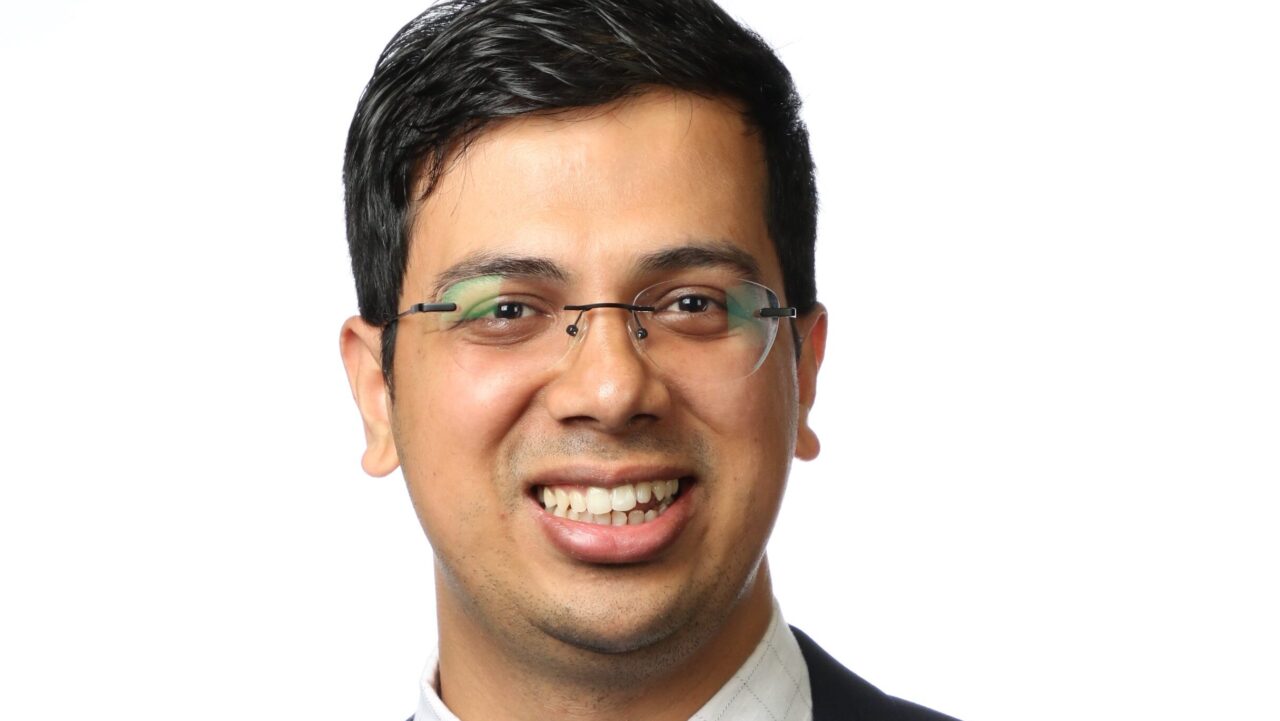Bishal Gyawali posted on LinkedIn about recent paper by Urvish Jain et al., titled “Cancer burden across the South Asian Association for Regional Cooperation in 2022” published on BMJ Oncology.
Authors: Urvish Jain, Faraan Rahim, Bhav Jain, Abhinav Komanduri, Aditya Arkalgud, Cameron John Sabet, Alessandro Hammond, Phub Tshering, Tej A Patel, Bhawna Sirohi, Pankaj Jain, Shah Zeb Khan, Sanjeeva Gunasekera, Ramila Shilpakar, Zabihullah Stanikzai, Arman Reza Chowdhury, Nishwant Swami, Edward Christopher Dee, Bishal Gyawali
“Published open-access today in BMJ Oncology a very important paper describing the cancer burden in SAARC region consisting of 8 LMICs in South Asia contributing to a quarter of the world population. Super proud of Chris Dee, Urvish Jain, and colleagues for taking this project past the finish line.
Also, very proud of our entire authorship team. We wanted to do global oncology the right way by collaborating with colleagues from each country who also contributed as coauthors. You’ll see that our authorship team has colleagues who are from or have worked in all these 8 countries (only Maldives is missing in affiliation but some of our colleagues have worked in oncology in Maldives). Our colleagues’ local experience was paramount to put our data into perspective.”
Source: Bishal Gyawali/LinkedIn
Bishal Gyawali, MD, PhD, is a medical oncologist from Nepal. Currently an Associate Professor at Queen’s University, Kingston, Canada, and affiliated with Brigham and Women’s Hospital, Boston, USA, he is involved in global oncology initiatives. Dr. Gyawali serves on several committees, including the WHO Essential Medicines List Cancer Medicines Working Group and ASCO’s Health Equity and Outcomes Committee, contributing significantly to cancer policy and evidence-based oncology.



